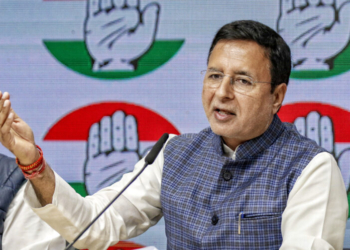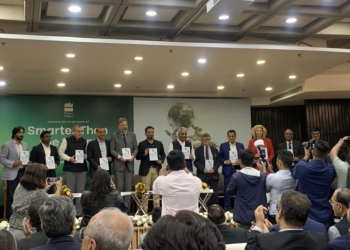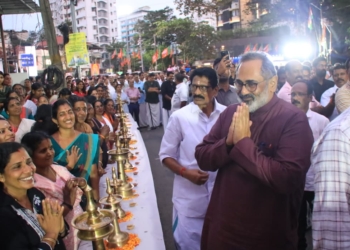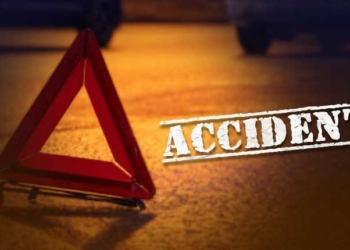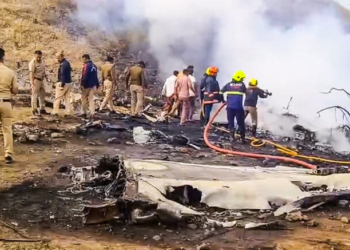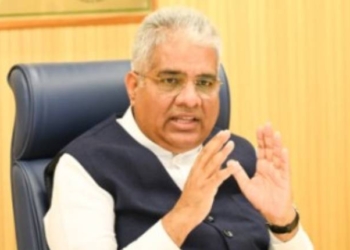Mumbai: The Joint Committee on the Constitution (129th Amendment) Bill, 2024, and the Union Territories Laws (Amendment) Bill, 2024, chaired by Lok Sabha member P.P. Chaudhary on Monday deliberated on the issue of simultaneous elections and discussed the Bills with presiding officers of the Legislative Assembly and Legislative Council of Maharashtra.
They also met Maharashtra Chief Minister Devendra Fadnavis and held discussion on One Nation One Election (ONOE) bill.
The Committee explored the constitutional, logistical, and consequential challenges related to the mechanism of conducting simultaneous elections. They also discussed the Anti-Defection Law and the Tenth Schedule of the Constitution in the context of government stability, said the state government release.
The Committee engaged with representatives from various institutions, including the Bar Council of Maharashtra and Goa, the Bombay High Court Bar Association, MNLU Mumbai, NSE, BSE, MACCIA, and the Maharashtra Agro-Industries Development Corporation, to discuss the implications of the Bills. Key issues such as legal viability and the economic benefits expected from the policy certainty provided by a stable executive were examined.
Various stakeholders assured the Committee that they would conduct further in-depth studies on different aspects and implications of simultaneous elections and submit their findings to the Committee to support its recommendations.
The Committee also interacted with filmmaker Madhur Bhandarkar, who shared his views on the challenges faced by the film industry due to frequent elections.
Meanwhile, the Maharashtra Legislative Council deputy chairperson Neelam Gorhe during a meeting with the JPC, said an objective stance is necessary when discussing joint elections and the powers of the Election Commission. The state council chairman Ram Shinde, state assembly speaker Rahul Narvekar and leader of opposition in the state council Ambadas Danve were also present during the interaction with the JPC.
“Conducting the Lok Sabha and Assembly elections together will save on election expenses and development works that are stalled due to the code of conduct can be carried out smoothly. There have been positive discussions in the committee in this regard,” she said.
Gorhe said that in the backdrop of 50 per cent reservation for women, the proposals in the bill will be important to provide opportunities to economically weaker but capable candidates. On demand for holding elections on the ballot papers, she said: “Instead of expressing distrust in the electoral system, the focus should be on how to improve its efficiency.”
She also highlighted the provision of holding local body elections within 100 days of the Lok Sabha and Assembly elections, noting that copies of the relevant laws have been provided to all members. “Everyone should be careful not to spread wrong information,” she added.
(IANS)





